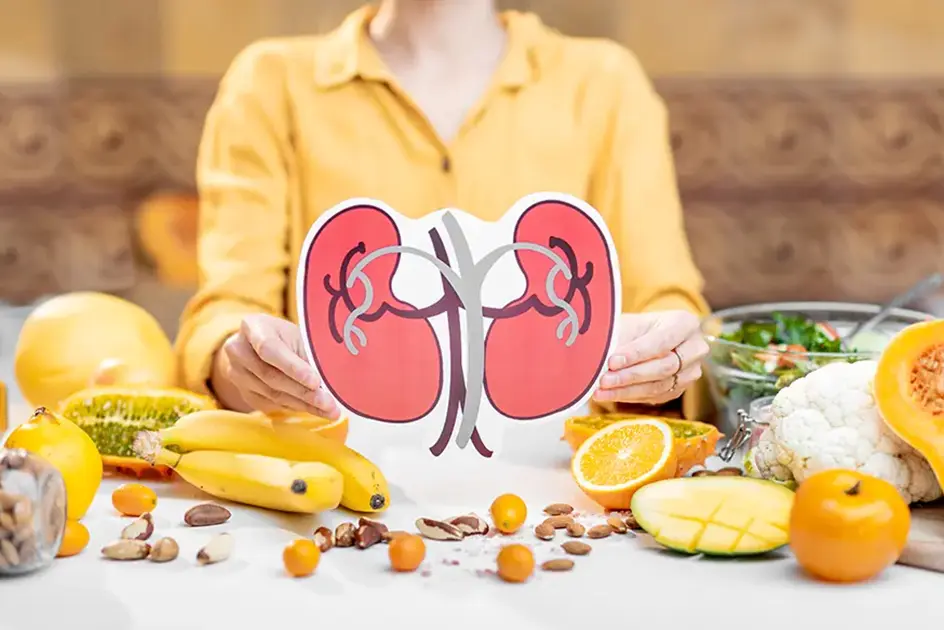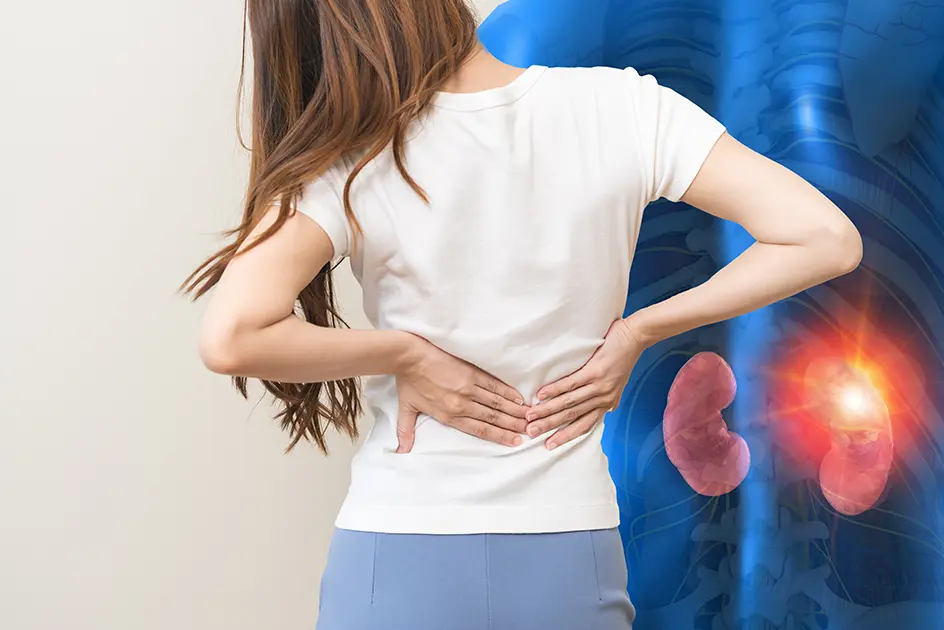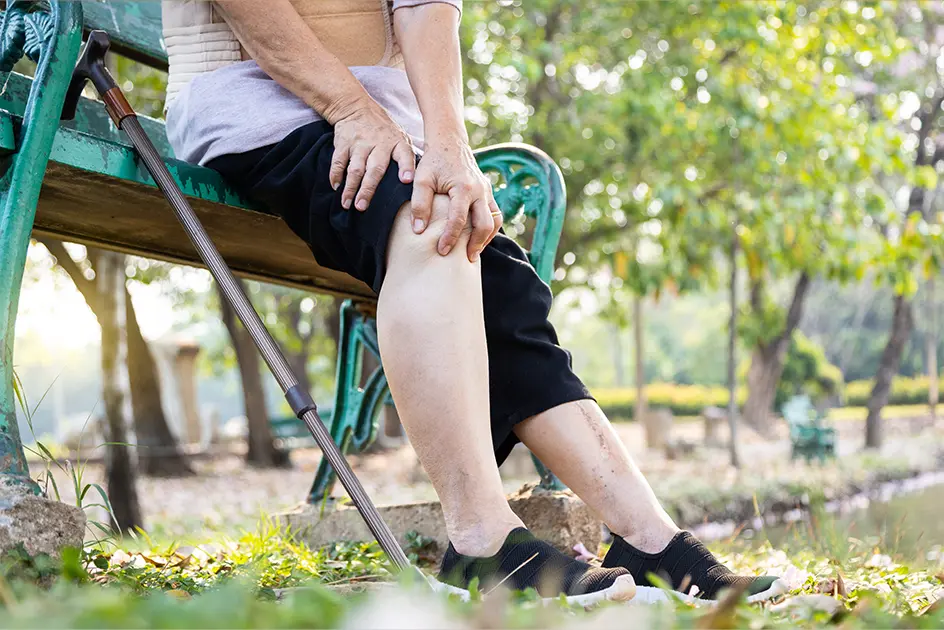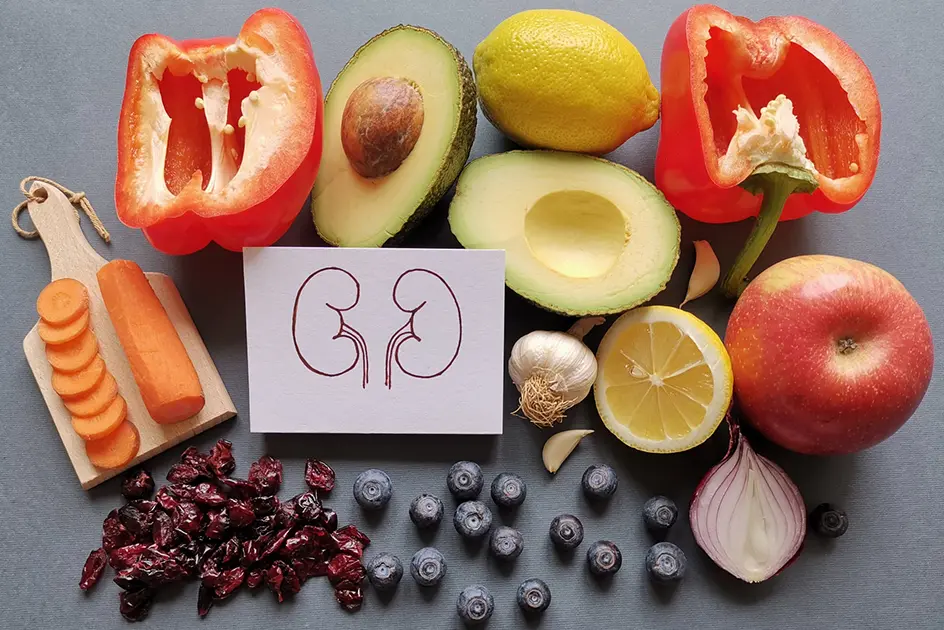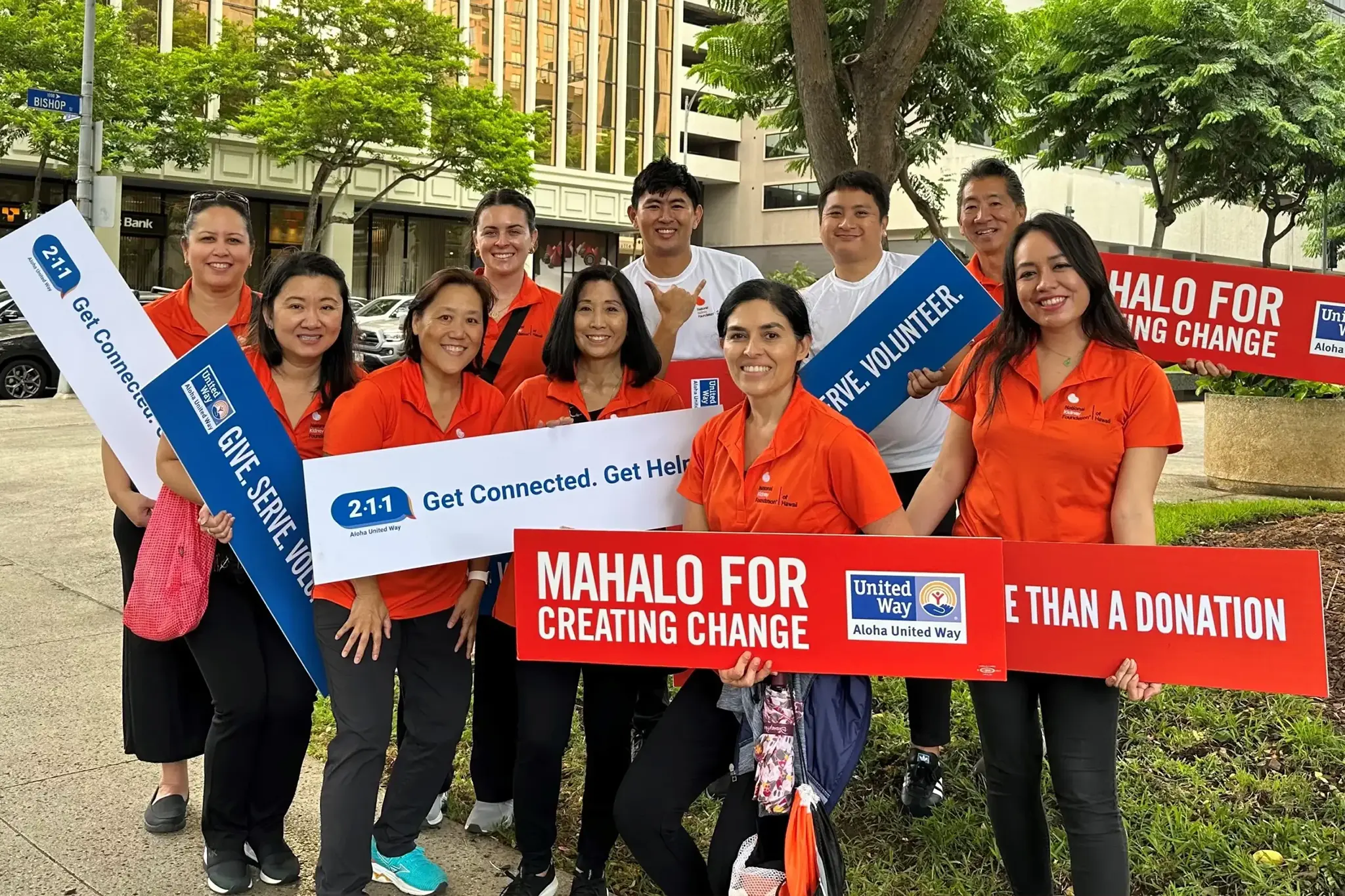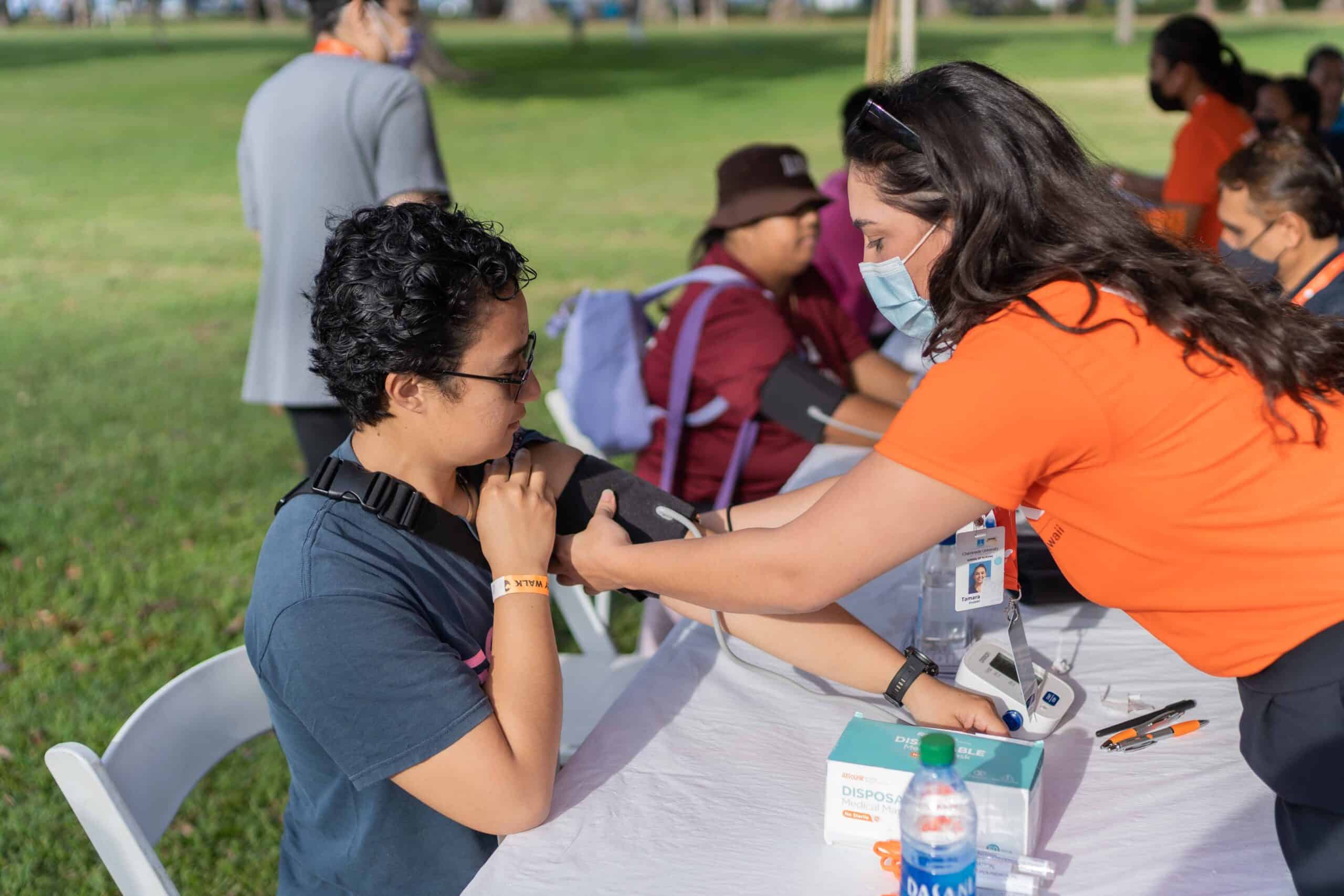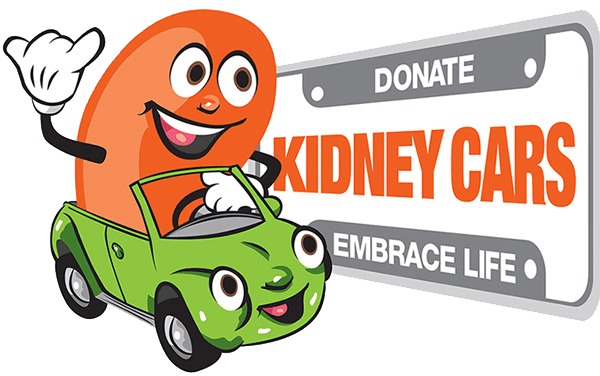The practice of fasting has been around since ancient times, mainly for religious reasons. Intermittent fasting (also known as IF), is simply a diet regimen that alternates between periods of fasting (no calories), and periods of unrestricted eating. When you IF, you can eat whatever you want, but only within a certain time window. Today, IF is very popular and seems to appeal to those who want to lose fat quickly and still have guilt-free days of unrestricted eating.
Many internet articles claim that fasting helps to rest the gut, stabilize blood sugar, reduce heart disease and inflammation, boost energy and brain function, and even to delay the aging process. When you don’t eat for a while, physiologically, your hormone levels change. Lower insulin levels can speed up fat burning, but not until about 12 hours post-meal. In 2012, a popular book was published by two British journalists. Their book states that a “5:2 fast” (meaning five days you eat normally, the other two days you restrict calories to 500 kcal per day) will result in weight loss, improved blood pressure, cholesterol and insulin sensitivity. Since their book went viral, IF has gained followers as the public believed weight/fat loss or a spike in metabolism would occur within a short period of time.
Not all IF programs are the same. Three common ways to do IF are alternate-day fasting, modified (or whole day) fasting, or time-restricted fasting. There aren’t strict definitions for any of these IF methods, and people can create their own rules. There isn’t enough evidence at this time to prove what the ideal fasting period is to get the most benefits. With all types of fasting, you probably will lose weight at first because your caloric intake is less than your normal. That will eventually plateau.
Most of the research on IF was done on small groups of people or animals and were not long-term studies. While the evidence for calorie restriction in animals is strong, it cannot yet be determined whether the same findings apply to the general healthy human population. It might work for some, but may be a bad idea for others. IF is not currently mainstream or responsible advice for weight loss or any other condition. People who are underweight or have a history of disordered eating, diabetics, pregnant or breastfeeding moms, adolescents, and people taking medications should not fast without consulting a medical doctor first. There needs to be more research done on the negative side effects of fasting, such as the risk for nutritional deficiencies, altered metabolism, and keeping weight loss sustainable over a long term. Not eating for long periods can make people lightheaded, tired, and dizzy. To date, there are better ways to lose weight and keep it off. Research has not consistently shown that IF is better than low-calorie diets for successful weight loss.
Make healthful, well-balanced dietary choices daily and get nutrients and exercise rather than fast on and off. Once someone has lost weight doing IF, they can possibly gain back the weight more quickly once they resume their regular eating habits. It’s what you do over the long term that matters.
This information is meant to be used as a resource and is not meant to replace medical advice. For more information, contact programs@kidneyhi.org.
References:
https://www.todaysdietitian.com/newarchives/120914p40.shtml
https://www.hsph.harvard.edu/nutritionsource/healthy-weight/diet-reviews/intermittent-fasting/

